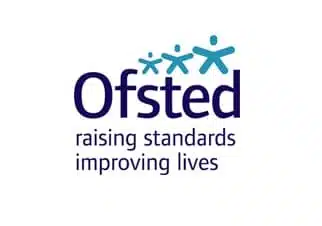Ofsted has raised concerns that Reading Council children’s services has made little progress in improving the standard of statutory social work with children and their families.
In its fifth monitoring visit since the authority was rated inadequate by Ofsted in June 2016, inspectors said little progress had been made when there are serious concerns that require a statutory child protection or child in need plan.
“There is a significant number of unallocated child in need cases of which senior managers were not fully aware until shortly before the visit. Although most of these children’s case files have been recently reviewed by senior managers, many children have not been seen for substantial periods of time and their current circumstances and safety is unknown,” said the report.
Inspectors said:
- Too many children are repeatedly placed on child protection plans, and some are stepped down from plans too quickly.
- There are delays in implementing child in need plans
- There is a lack of management oversight or rigorous, regular multi-agency reviews.
- The majority of child in need plans, and some child protection plans, have shortfalls in their objective to help parents and children promptly, improve children’s circumstances, safety and well-being.
Inspectors were told during the visit in February that 53 children in need did not have an allocated social worker, although this number had been reduced from an original cohort of 128 identified in January 2018. A smaller number of children in need had been allocated to team managers who were unable to visit the children and families concerned.
Senior managers had only recently become fully aware of all of these cases and had reviewed them either shortly before or during the visit. They were investigating how their performance management system had failed to highlight these cases and make them immediately visible.
Inspectors asked senior managers to urgently review the cases of 10 children following the visit. These children were the subject of child in need or child protection plans; significant safeguarding concerns had been identified, but electronic case files did not demonstrate whether they had been rigorously addressed and significant delays were apparent.
“These cases provide further evidence of the weak management oversight,” inspectors said.
Too many children and families are subjected to statutory social work assessments which are subsequently closed without any further social work intervention provided, indicating that the threshold is not being appropriately applied.
The quality and impact of interventions offered to children and families on child in need plans are largely ineffective. Only half of children are visited in accordance with their six-weekly plan timescales.
Social workers are not offered sufficient professional, reflective advice by their supervisors to help them when children and their parents are resistant to and avoid contact.
Recognised and well-established tools to help social workers understand and measure the impact of neglectful home circumstances on children’s well-being are not used. This means that the severity, duration and forms of neglect that children experience are not clearly understood, and the efforts to reduce them are not well directed.
The workforce environment continues to be unstable, inspectors noted. Three senior managers have recently abruptly left in quick succession, including the interim head of safeguarding and improvement. Caseload pressures and numbers in the safeguarding teams are high and some social workers reported that their workloads are unmanageable.
Inspectors saw a high rate of social worker and team manager turnover in the safeguarding teams, resulting in numerous changes of social worker for families and inconsistent case management and supervision for social workers.
“This turbulent workforce environment is undoubtedly an important factor in the predominantly weak standard of social work provided to children and families, where there are significant needs and child protection concerns. Team managers are responsible for too many children’s cases, and some conscientious and industrious managers struggle to provide rigorous and secure management oversight,” the report concluded.
Monitoring visit of Reading Council


